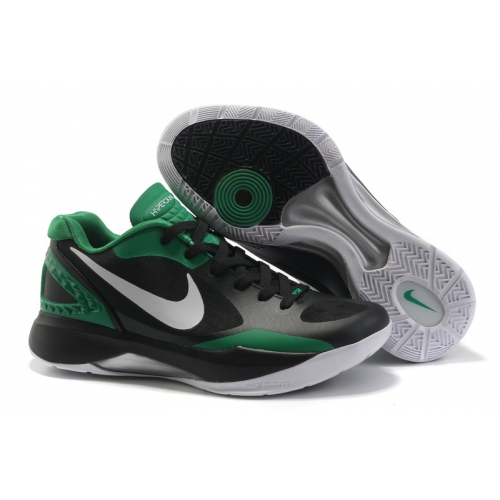If you get a lot of your news through Facebook’s news feed, you’ve seen the panicked doomsayers writing off the season after the Seattle Mariners’ 1-5 home stand. While losing all three games at home to an Oakland A’s team that was projected to be the worst team in the AL is not comforting, it’s still very, very early. Do I expect the Baltimore Orioles to run away with the AL East? No. I expect them to finish last, despite a 7-1 start. It’s a long season.
Given the “it’s early” caveat, there is one Mariners’ statistic that could be potentially a harbinger of ill things to come. Through two starts and thirteen innings, Felix Hernandez, the ace of the staff, one of the premiere pitchers of the last decade, the one bright spot in an otherwise dismal stretch of Mariners’ history, has a walk rate of 4.85 batters per nine innings. That’s a lot.
To put that number in perspective, the King has only had one season in his career with a BB/9 over three. In 2008, Felix recorded his worst season of his MLB career with a 9-11 record, 3.49 ERA and a 3.59 BB/9 rate. His current walk rate would be over a full batter per game placed on base via free pass.
Now, by no means do I expect that 4.85 BB/9 figure to stand over the course of a full season. After all, Trevor Bauer of the Cleveland Indians was the only starting pitcher in MLB last season to record a walk per nine ratio over four. It’s really hard to be effective at the big league level if you’re issuing that many free passes. But any slippage in command for Felix might nullify the dominance Mariners’ fans have come to expect in the King’s Court.
It’s been well documented that Hernandez’s velocity has been dropping the last few seasons. His average fast ball velocity in 2007 was 96.3 mph. The last three seasons have seen his average fast ball velocity drop from 92.5 in 2014, to 92.1 in 2015, and just 90 in two outings this year. Admittedly, it’s not unusual for a pitcher’s velocity to be down some early in the season. Colder weather and early season conditioning can play a part. But given that Felix has relied less and less on his fastball in recent seasons and more and more on his curveball and changeup, drops in velocity and even the hint of a loss of command could spell trouble.
In 2001, Justin Verlander of the Detroit Tigers was 24-5 with a 2.40 ERA and won both the AL Cy Young award and the AL MVP award. Just three years later, in 2014, he was 15-12 with a 4.54 ERA. Last year he spent a ton of time on the DL and pitched just 133.1 innings. Over that period, Verlander’s fast ball velocity dropped from over 95 mph in 2009-2011 to 92.6 last year, almost three miles an hour better than Felix so far this season. And even through all of that, he’s only had a walk rate over three twice in his career, his rookie season and in 2013.
Verlander, who is thirty-three now, began his decline at about the same age Hernandez finds himself to be now. I’m not saying it’s inevitable. It’s just something to keep an eye on.
Add The Sports Daily to your Google News Feed!
